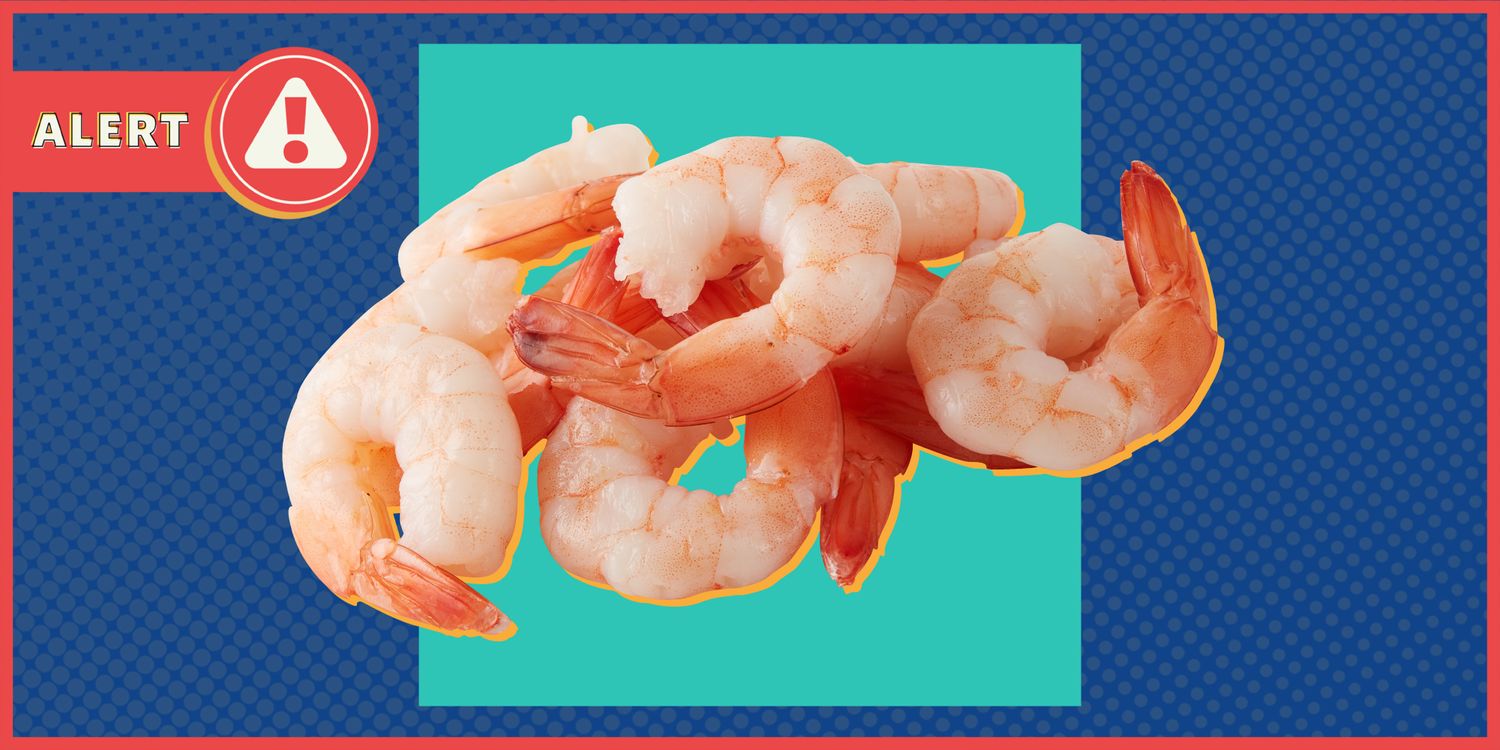The FDA warns of potential radioactive shrimps sold in Walmart stores
:max_bytes(150000):strip_icc():format(jpeg)/ar-shrimp-health-alert-ar-adobe-4x3-914447cf90a144d48ec9e345adaf7a98.jpg)
The Us Food & Drug Administration (FDA) advises customers Not to consume a certain amount of frozen shrimp because the shellfish can contain Caesium-137 (CS-137), which is a radioactive isotope. The frozen shrimp were imported from Indonesia and sold in Walmart stores under the name “Great Value Brand Frozen Roh Shrimps”.
The FDA was made aware of the radioactive shrimp when the US Customs & Border Protection (CBP) found positive traces of CS-137 in shipping containers in Häfen in Los Angeles, Houston, Savannah and Miami. At this point, a randomly breaded shrimp has tested positively on CS-137, and according to FDA, this product was refused to enter the country.
However, it is assumed that certain frozen shrimps from Walmart “were prepared, packed or kept” under unsanitary conditions, which could lead to contamination of CS-137. While the FDA says that no shrubs at Walmart have positively tested the radioactive pollutants, the FDA Walmart advised to remember the many of its shrimps that were received by the CBP after the first detection of CS-137, since it cannot rule out any contamination.
How to identify the potentially contaminated shrimp
At this point, the FDA calls on customers not to consume the following Walmart products:
- Great brand Frozen Roh Shrimp, Loscode: 8005540-1, “Best by” Date: March 15, 2027
- Great brand Frozen Raw Shrimp, Loscode: 8005538-1, “Best by” Date: March 15, 2027
- Great brand Frozen Roh Shrimps, lot code: 8005539-1, “Best by” Date: March 15, 2027
The shrimp were sold in the Walmart shops in 13 states: Alabama, Arkansas, Florida, Georgia, Kentucky, Louisiana, Missouri, Missouri, Ohio, Oklahoma, Pennsylvania, Texas and West Virginia.
What to do if you have the potentially contaminated shrimp
If you bought Walmart’s great frozen shrimp, you shouldn’t consume them. Instead, throw it away or return it to the place of purchase for a refund.
While no prawns in the US stores were tested positively for CS-137, the FDA published the warning from caution. The shrimp that have been positively tested for CS-137 The required intervention level of the FDA For CS-137, which is 1,200 BQ/kg. While this small amount of CS-137 would probably not be a “danger to consumers”, the concern is based on the long-term radiation.
Even exposure to low radiation can lead to an increased risk of cancer and to acute radiation syndrome Centers for the control and prevention of diseases and prevention for toxic substances and disease register.
The FDA works with the supplier of the shrimp, Pt. Bahari Makmur Sejati and the regulatory authorities of the Indonesian seafood to examine the contamination.







